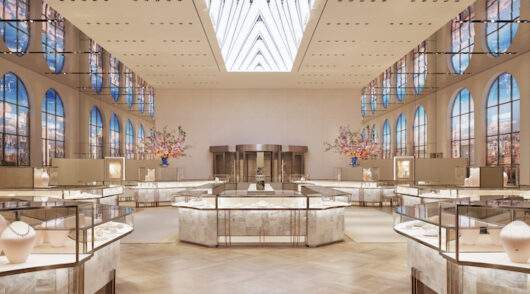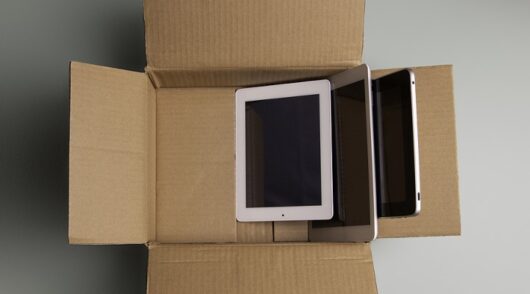Embracing sustainable thinking and practices has become an imperative for many businesses and retailers, with sustainable thinking no longer seen as simply a “nice to have”.
According to a report by the Retail Industry Leaders Association in the US, 93 per cent of global consumers expect more of the brands they use to support social and environmental issues. They are also willing to spend up to 20 per cent more for environmentally sound products.
Along with this, research from Deloitte’s Global Millennial Survey 2020 found that for Millennials and Gen Z, climate change and protecting the environment remain as the top challenges both before and after the pandemic. For these demographics, it’s equally important that the brands they support champion their values.
This means that adopting sustainable practices in retail manufacturing is not only crucial for environmental sustainability, but also required to ensure retailers attract these generations of consumers and create brand loyalty.
Here’s how to make it happen
Gone are the days when operating a business sustainably meant enduring increased costs. Now, savvy retailers are looking for ways to be more environmentally-friendly through their retail displays and store design. As a result, we’ve seen many retailers in Australia embracing this change, with brands like Kathmandu opening their first solar-powered store in Victoria in March this year, and fashion retailers like Country Road creating a ‘green store’, containing retail fit-outs produced from upcycled materials.
Recently, we worked with Super Retail Group to help them introduce sustainable practices into SuperCheap Auto’s store design through the use of bollard covers; an environmentally friendly alternative to corflute plastic. Promeg is made from propylene gas, a by-product of petroleum refining that would normally be burned off. It’s a lightweight, durable material that rarely needs to be replaced and encourages re-use. One hundred per cent of Promeg can be recycled multiple times over, making it one of the easiest printable materials to use sustainably. This option also helped them save on shipping costs as we optimised carton sizes on their tertiary packaging.
As part of our commitment to environmental sustainability through our retail display manufacturing process, we have also taken the following steps to improve our practices:
- Decreased the amount of plastic produced in the production of temporary displays by moving away from plastic Corro clips to Envi-loch, an environmentally friendly alternative.
- Introduced a thermoplastic recycling program resulting in a saving of 54 m3 of materials going into landfill as of 2019.
- Recycle 100 per cent of all our printing plates and ensure our plate making process is now chemical free – previously 32,600 litres of chemicals were used over a four-year period.
- Reduced 24,000 plastic ink containers per annum by ensuring high usage inks are now pumped direct to press.
- All our toner and ink cartridges used in wide format production are recycled via Planet Ark.
- Relocation to a new facility designed to achieve a 5 Star Green Star Design and As-Built v.1.1 certificate rating from Green Building Council of Australia
For retailers and manufacturers looking to implement sustainable practices into their operations, we recommend the following steps:
- Source and utilise 100 per cent recycled products for your in-store POS campaign
- Use sustainable packaging materials
- Remove single use plastic including temporary and semi-permanent display items
- Opt for personalised packaging to minimise mass production
- Create a sustainable store design
Aside from the overwhelmingly positive environmental benefits of these actions, they also align with the wider priorities of many clients and customers who expect retailers and manufacturers keep sustainable manufacturing at the forefront of their operations.
For more expert advice on how you can run a sustainable business, click here.






